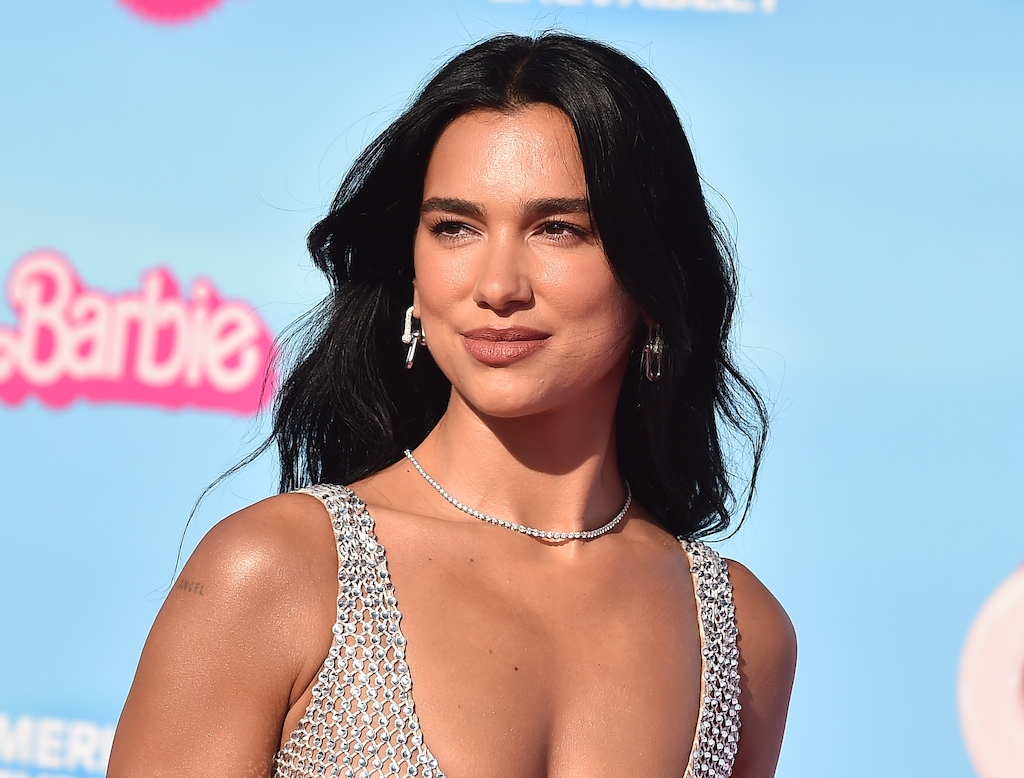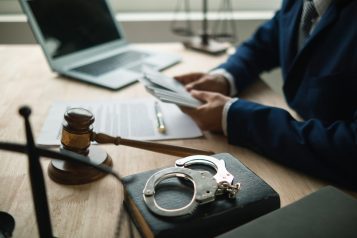
Dua Lipa can finally put one legal battle behind her. A Manhattan judge has dismissed a copyright infringement lawsuit that accused the pop star of plagiarizing elements from the 1979 song Wiggle and Giggle All Night for her hit single Levitating. The ruling is a significant victory for Lipa, but it also underscores the growing complexity of copyright disputes in the music industry.
Judge Katherine Polk Failla determined that Levitating did not bear a substantial similarity to Wiggle and Giggle All Night or the 1980 track Don Diablo by Miguel Bosé, both of which were cited in the lawsuit filed by songwriters L. Russell Brown and Sandy Linzer. The judge’s decision aligns with recent copyright rulings, including a case involving Ed Sheeran, where the courts ruled that broad musical elements—such as a song’s overall style or feel—cannot be monopolized by any one creator.
This case was part of a growing trend in which older artists or their estates file lawsuits against contemporary musicians, claiming that popular hits borrow too heavily from past works. Brown and Linzer argued that the melody of Levitating closely mimicked their compositions, stating that the “signature melody” was nearly identical and repeated multiple times in the song. However, Failla’s ruling emphasized that genre characteristics and musical motifs—such as pop-infused disco beats—cannot be legally protected on their own.
The plaintiffs’ attorney, Jason T. Brown, expressed disappointment with the decision and indicated that they plan to appeal. He criticized the legal system’s reliance on academic musical analysis rather than audience perception, arguing that the essence of a song is best understood through its sound and emotional impact rather than sheet music and legal briefs.
Lipa is no stranger to copyright claims, as this lawsuit was not the only one she has faced over Levitating. In 2022, Florida reggae group Artikal Sound System accused her of copying their song Live Your Life, though that case was dismissed in mid-2023. Additionally, producer Bosko Kante sued her in July 2023, alleging unauthorized use of his talk box recording in remixes of the track.
These cases highlight a critical debate in the music industry: Where is the line between inspiration and infringement? The evolution of music has always been built on influence, with artists drawing from past sounds to create something fresh. Yet, with an increasing number of copyright claims, many fear that stringent rulings could stifle creativity rather than protect original works.
While some cases involve clear-cut examples of plagiarism, others—such as Lipa’s—raise questions about how courts should evaluate musical similarities. If broad stylistic elements become grounds for litigation, many fear that future artists could be deterred from experimenting with nostalgic sounds or paying homage to previous eras.
For now, Dua Lipa can move forward without the cloud of this lawsuit hanging over her career. But the larger conversation about copyright in the music industry is far from over. As courts continue to navigate these disputes, the challenge will be ensuring that intellectual property rights are respected without placing undue restrictions on artistic expression.


















